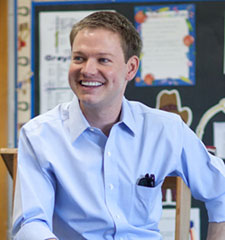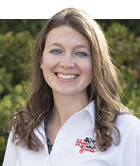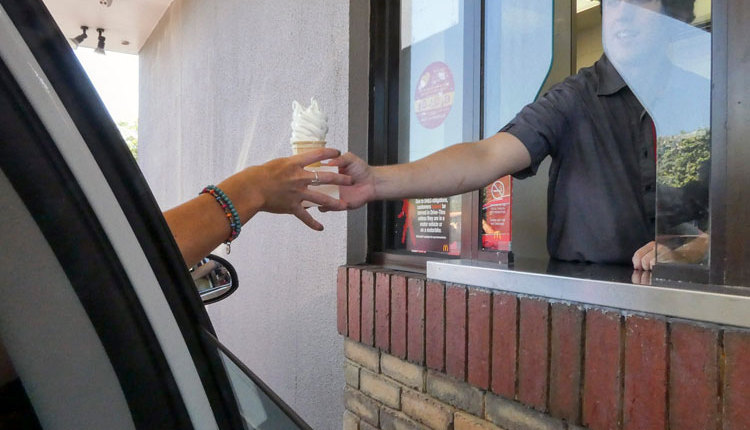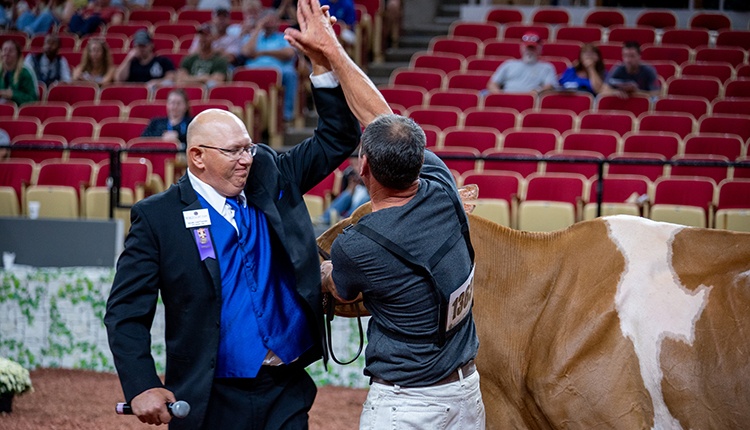 "This is the most important century agriculture will face," said Trent McKnight during his presentation at the 2015 Ag Media Summit in Scottsdale, Ariz. "We never had the challenge before of feeding this many people."
"This is the most important century agriculture will face," said Trent McKnight during his presentation at the 2015 Ag Media Summit in Scottsdale, Ariz. "We never had the challenge before of feeding this many people."He explained that 2014 was the "peak child year"- more children were born last year than there were in any previous year or will be in any future year. Right now, there are 2 billion people on Earth under the age of 16, and by the end of the century the global population will max out at 10 billion people.
"Our greatest challenge of the next century will be feeding those 3 billion additional mouths," he said.
McKnight is doing his part to help production agriculture meet that challenge. The Texas rancher and former National FFA president is also the founder of AgriCorps, a program that connects American agriculture volunteers with developing countries looking for experiential and school-based agricultural education.
An AgriCorps volunteer commits to serve a 10 to 11 month assignment as an agricultural educator, essentially filling three roles: agriculture instructor, 4-H leader and agriculture extension agent. AgriCorps members receive a stipend equal the pay of a local teacher, about $200 a month. Safe and secure housing is provided by the community, but running water or electricity are not always available.
AgriCorps looks for volunteers with an agricultural background and eagerness to live and work in a developing country. "AgriCorps volunteers jump in and work side by side with the people you are trying to help," McKnight explained.
McKnight's charge to educate people around the world to be farmers is quite simple. He said, "We can't have future farmers of tomorrow if we don't have farmers today."
Another important element? "You give them hope," he said. McKnight shared a story of one volunteer, John, who worked in Ghana. A farmer there told him, "You taught me that my job as a farmer is as important as the president, because I feed the president."
With knowledge, skills and a belief that they are helping the greater good, farmers across the world will be better equipped to feed the next generation. To learn more about AgriCorps, you can visit http://agricorps.org.

The author is an associate editor and covers animal health, dairy housing and equipment, and nutrient management. She grew up on a dairy farm near Plymouth, Wis., and previously served as a University of Wisconsin agricultural extension agent. She received a master's degree from North Carolina State University and a bachelor's from University of Wisconsin-Madison.








